The OpenHeritage Book is out
The book, entitled Open Heritage. Community-Driven Adaptive Reuse in Europe, was just published by Birkhäuser. Relying heavily on the project's rich material, and focusing on some of the fundamental questions of the adaptive reuse process, it presents a varied...
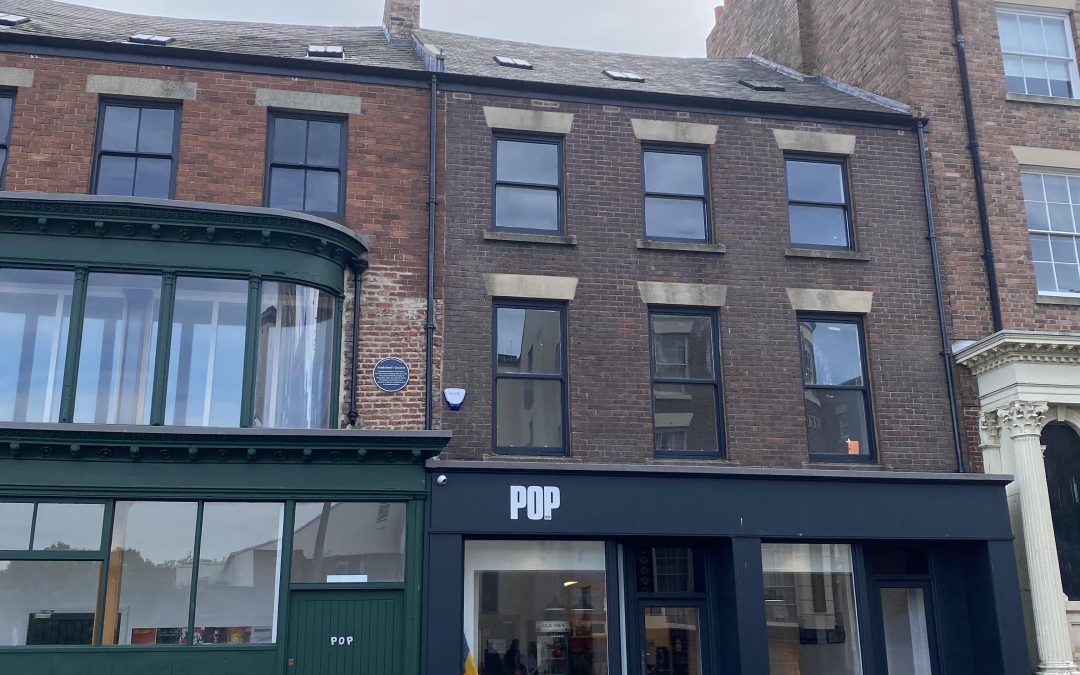
Making Space / Keeping Space
Check out the blog post by the artist Kitty McKay, in which she shares her reflections from the knowledge exchange workshop organised by the OpenHeritage partners in the Sunderland Lab (UK). If you want to see the original article, please click here. How do we disrupt...
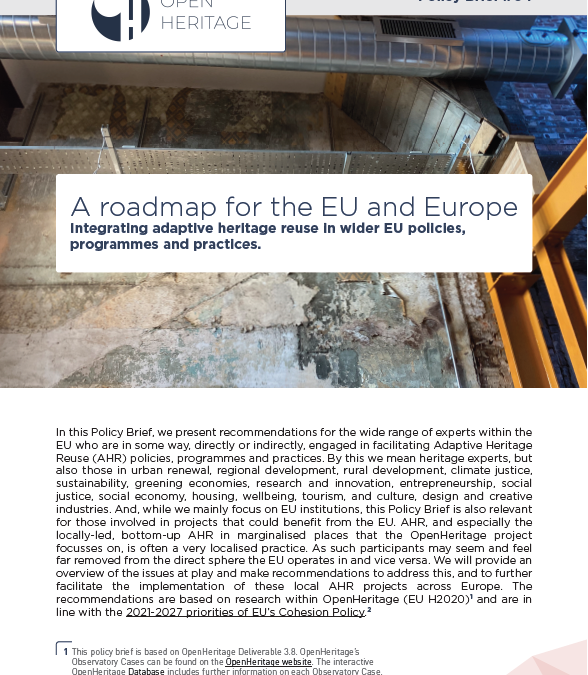
OpenHeritage has released two new Policy Briefs
Are you an expert within the EU who is engaged in facilitating Adaptive Heritage Reuse (AHR) policies, programmes and practices? Would you like to better understand how AHR can be used as a tool? Do you see a need of integrating AHR in a wider set of EU policies and...
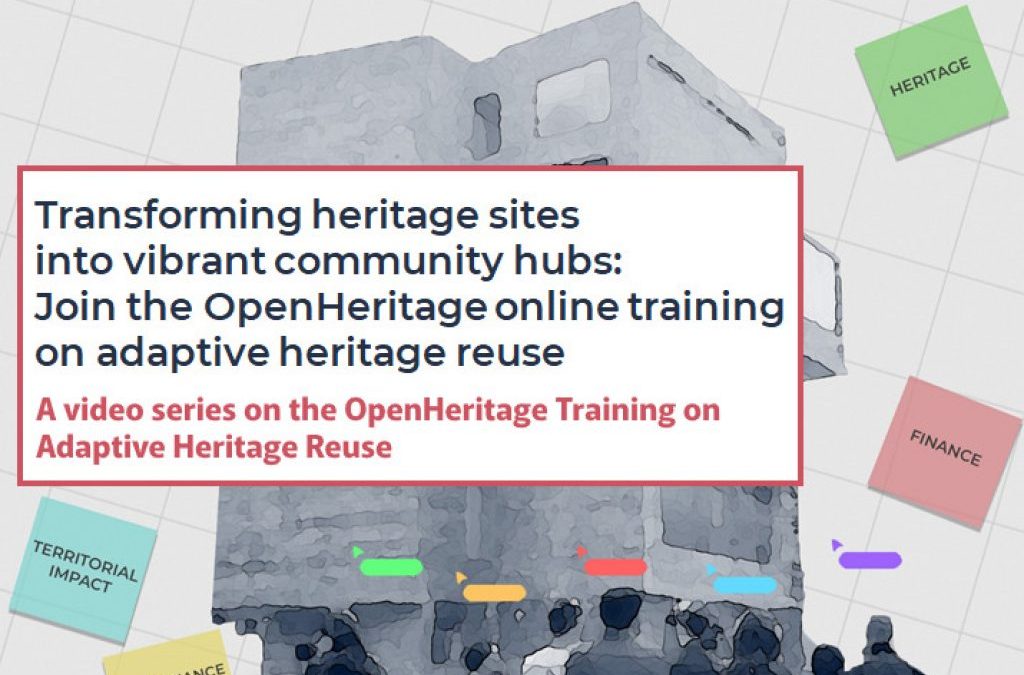
A video series on the OpenHeritage Training on Adaptive Heritage Reuse is now available
Join the OpenHeritage Training at our e-learning website. As part of the Open Heritage project, Eutropian and Platoniq developed the Open Heritage Training on Adaptive Heritage Reuse which was carried out during the autumn months of...
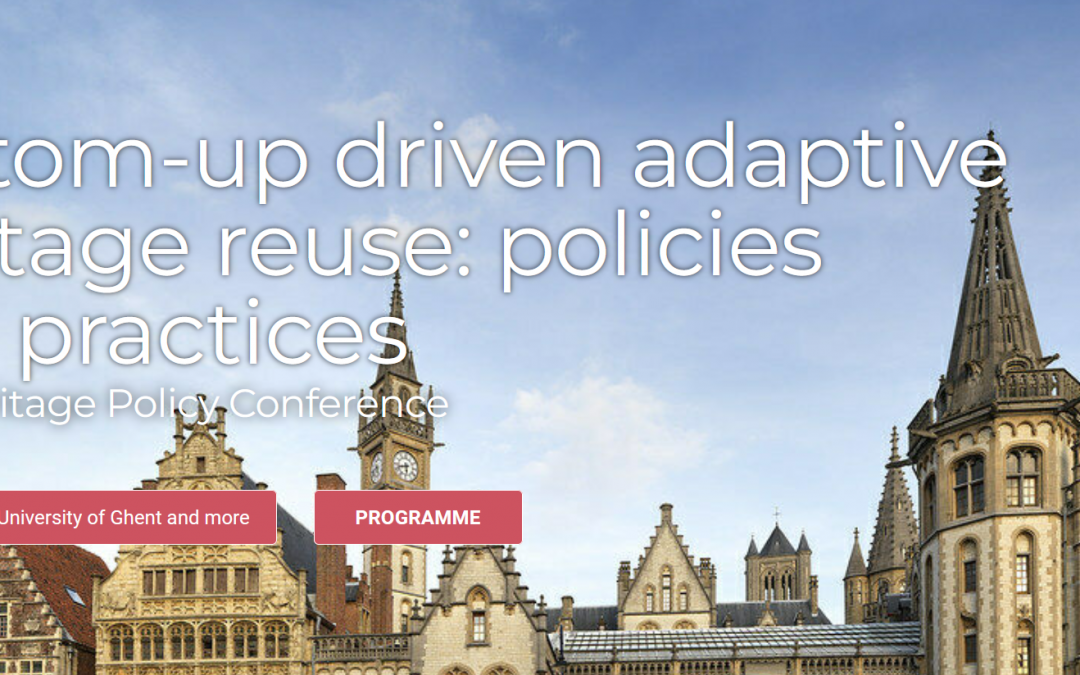
OpenHeritage invites you to join a Policy Conference in Ghent
17-18 May 2022 | Ghent & online streamingClick here to register for the OpenHeritage Policy Conference. OpenHeritage and the University of Ghent organise a Policy Conference that will zoom in on “Bottom-up driven adaptive heritage reuse: policies and practices”....
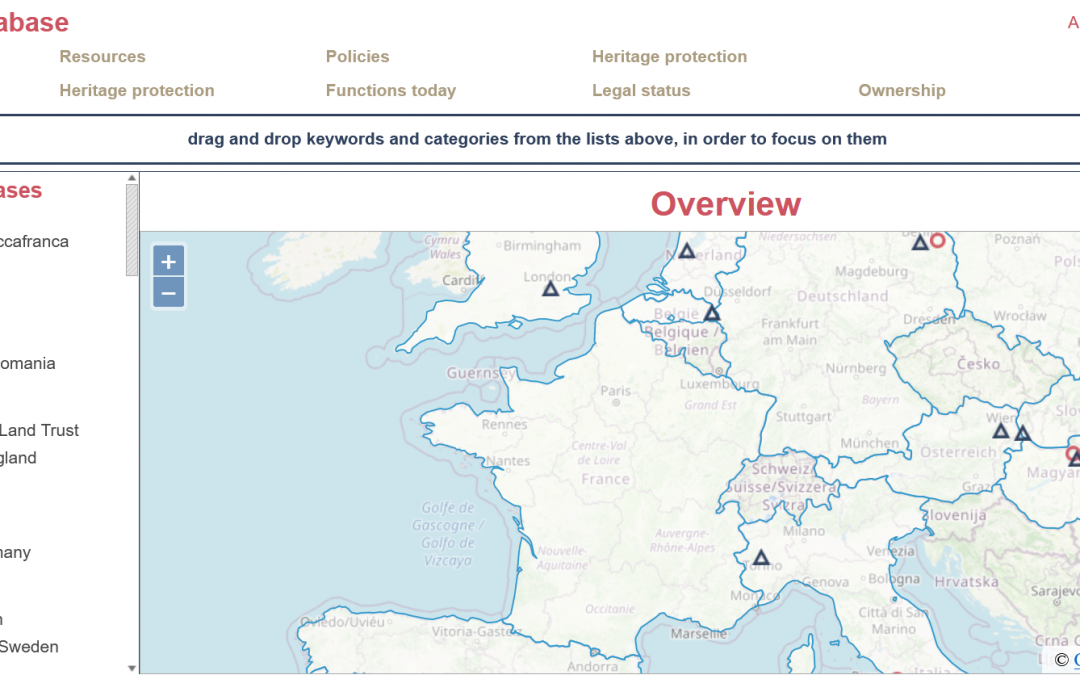
OpenHeritage Database provides overview of heritage reuse regulatory frameworks and concrete reuse practices across Europe
OpenHeritage Database is an open, easy to navigate and searchable repository of knowledge systematically collected in the project. It combines the in-depth analysis of heritage reuse policies and regulations in different European countries with the practical knowledge...
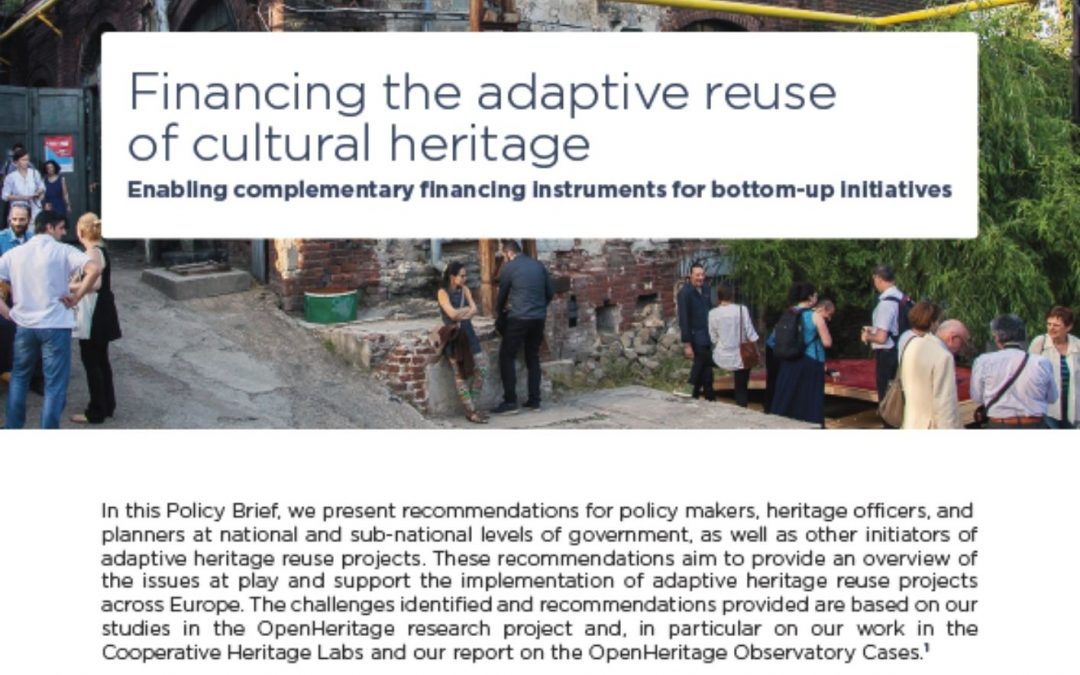
OpenHeritage Policy Brief #03 on “Financing the adaptive reuse of cultural heritage”
Are you involved in the transformation of a heritage site into a vibrant community hub? Wondering about financing mechanisms and business models that can optimize the sustainability of your endeavor? Do you want to improve the policy framework for adaptive reuse...
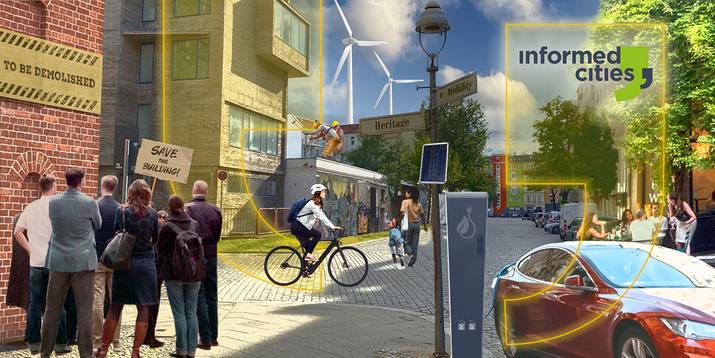
9th Informed Cities Forum co-hosted by OpenHeritage
The 9th Informed Cities Forum (ICF) was held online from October 26th to 28th 2021, engaging 173 dreamers, thinkers and doers from 56 cities and 35 countries in an unconventional cross-sectoral discussion about Urban Sustainability. Under the title “Re-purpose....
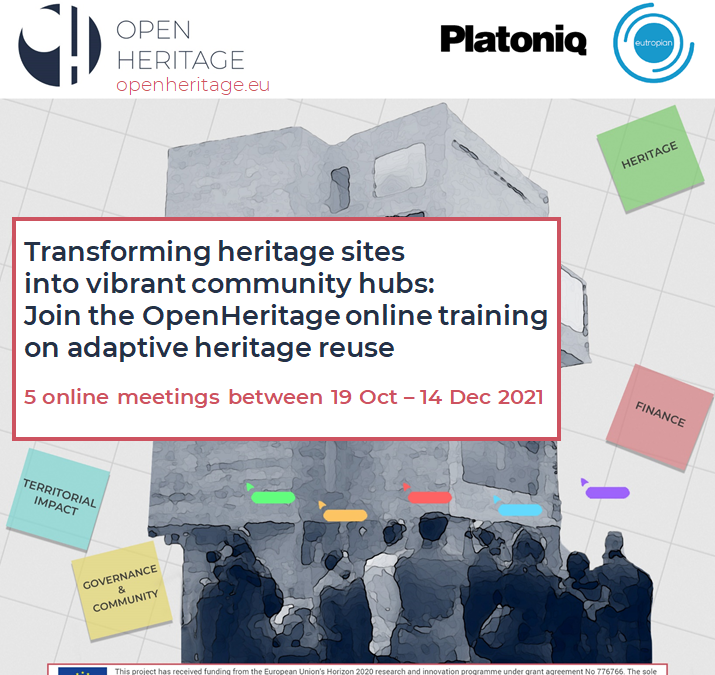
Transforming heritage sites into vibrant community hubs: Join the OpenHeritage online training programme!
19 Oct2 Nov16 Nov7 Dec14 Dec | Module 1: Heritage Reuse| Module 2: Governance and Community| Module 3: Finance| Module 4: Territorial Impact| Module 5: Integrated Module Click here to register for the OpenHeritage training programme. Are you a practitioner working on...

Join OpenHeritage at the 9th Informed Cities Forum: registration is now open!
26-28 October 2021 | onlineClick here to register for the 9th Informed Cities Forum. Informed Cities is a unique format that aims to bridge the gap between research, policy-making and action for better, more sustainable and just cities. It brings together thinkers,...
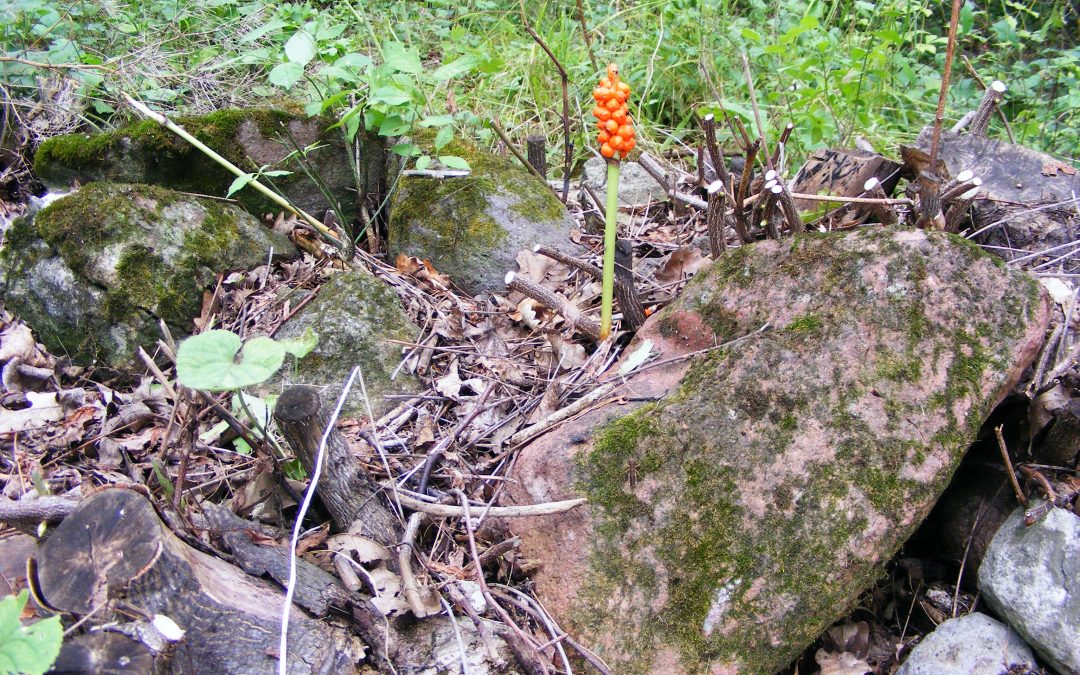
The Glasshill Foundation was established
One of the most important questions about sustainability is about how to create the necessary governance frameworks for the experimental sites OpenHeritage works with. In case of the Pomáz-Nagykovácsipuszta Lab (the Glasshill Lab as we have all been calling) this has...
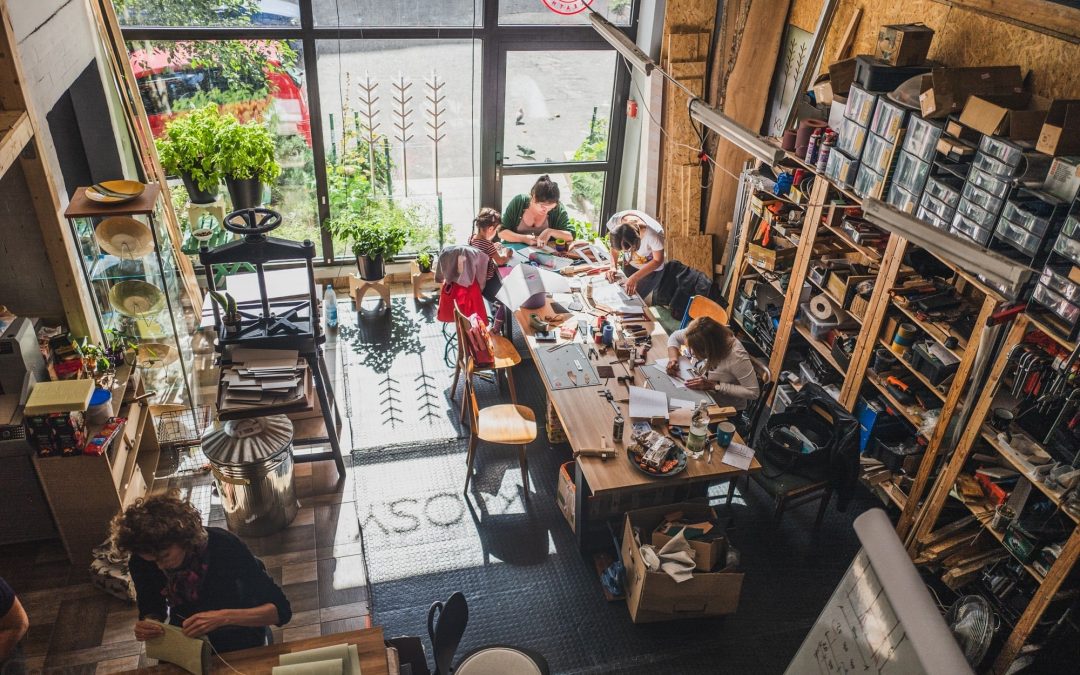
A manifesto for urban manufacturing: read the Praga LAB’s Arc poetica
Urban manufacturing needs the city. And the city needs urban manufacturing. The economic and institutional transition in Poland brought about a number of changes. One of them was the decreasing role of manufacturing. Production, associated mainly with burdensome...
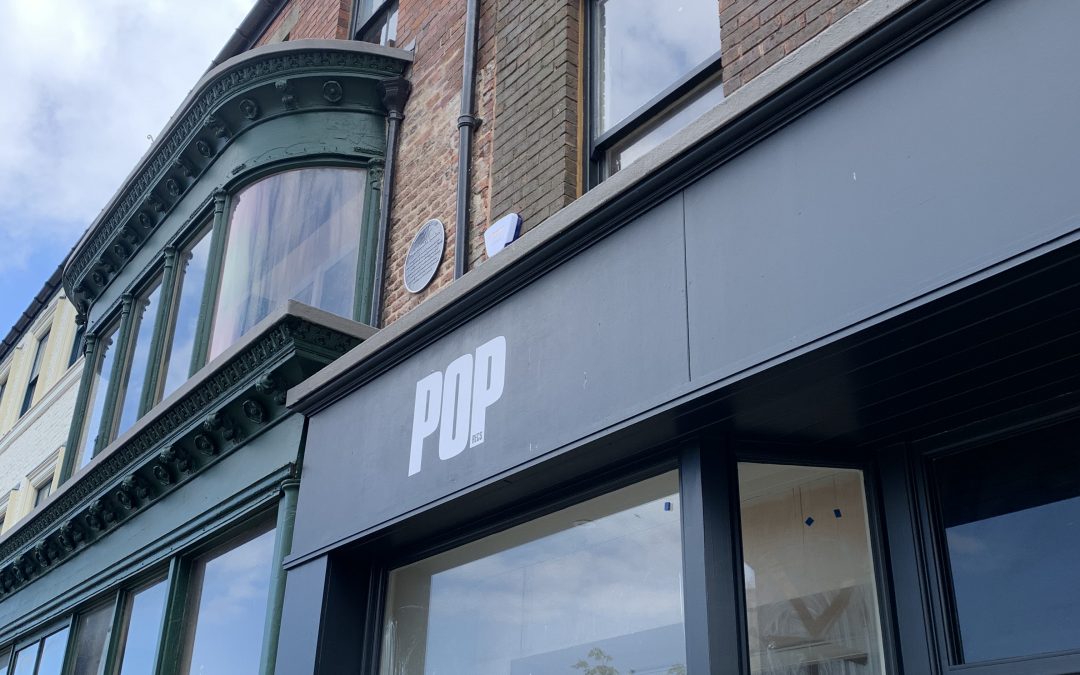
Blue plaque revealed to commemorate anti-slavery activity
Sunderland Lab building receives a blue plaque to commemorate Quaker women's anti-slavery activism on June 30. “Sunderland’s Quaker women led the local anti-slavery campaign from the 1790s. They advocated the boycotting of East Indian Sugar and American cotton. The...
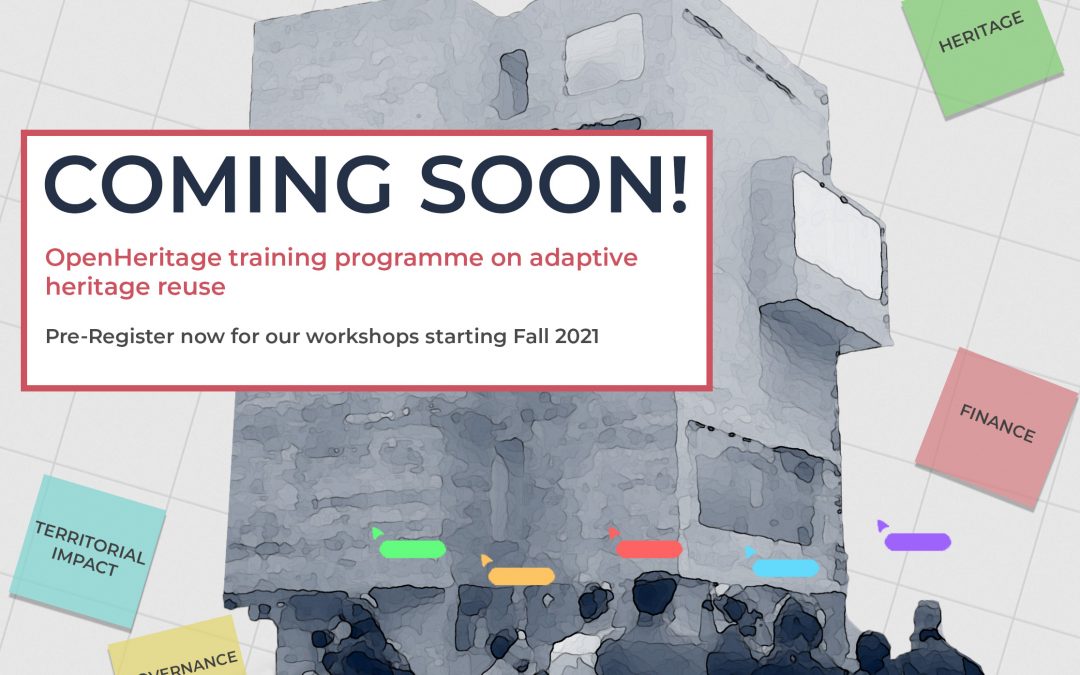
OpenHeritage Training Programme
October/November 2021 | onlineTo pre-register click here The OpenHeritage Training Programme, developed and carried out by Eutropian and Platoniq, is aimed at professionals (e.g. city officials, experts and stakeholders from out of the EU, but also outside the EU)...
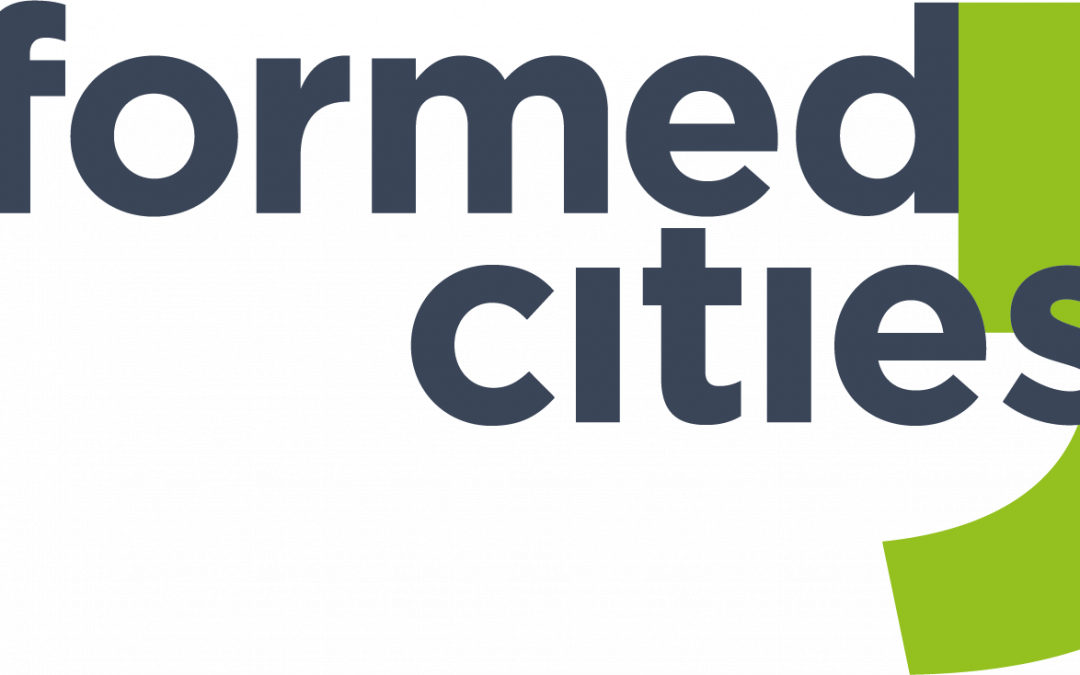
OpenHeritage co-organises the 9th edition of the Informed Cities Forum!
Mark your calendars: 9th Informed Cities Forum will take place online, on 26-28 October 2021! 9th Informed Cities Forum with the title RE-PURPOSE. RE-CHARGE. RE-THINK. Heritage and e-mobility at the crossroads will be co-organised by the OpenHeritage and GreenCharge...
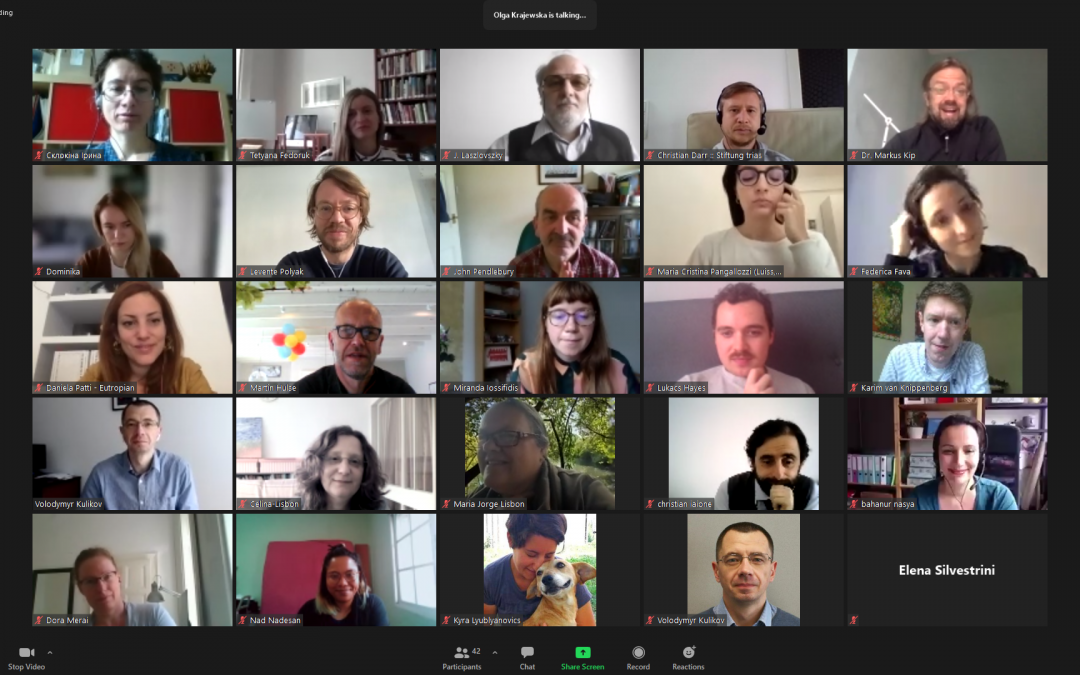
Consortium meeting – once again online
On May 18th we met had a consortium meeting. We focused on our achievements and the way ahead for the OpenHeritage project. Whereas last year our work focused on turning the project online, and making the most of the opportunities offered by the new digital tools, our...
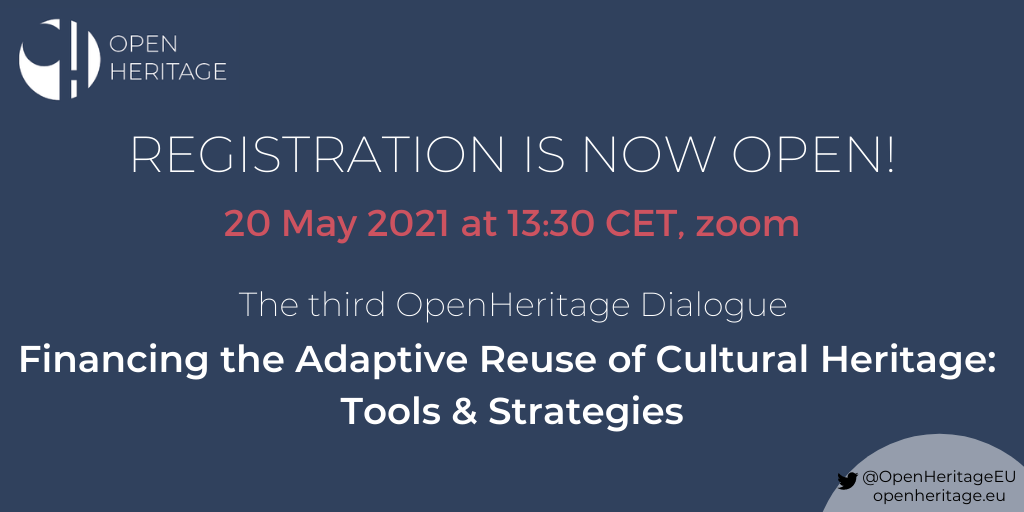
Registrations now open for the third OpenHeritage Dialogue “Financing the adaptive reuse of cultural heritage”
20 May 2021 at 13:30 (CET) | zoomClick here to register for the third OH Dialogue. Join us for an informative, interactive and inspiring afternoon dedicated to financing tools and strategies for the adaptive reuse of cultural heritage. How can we develop...
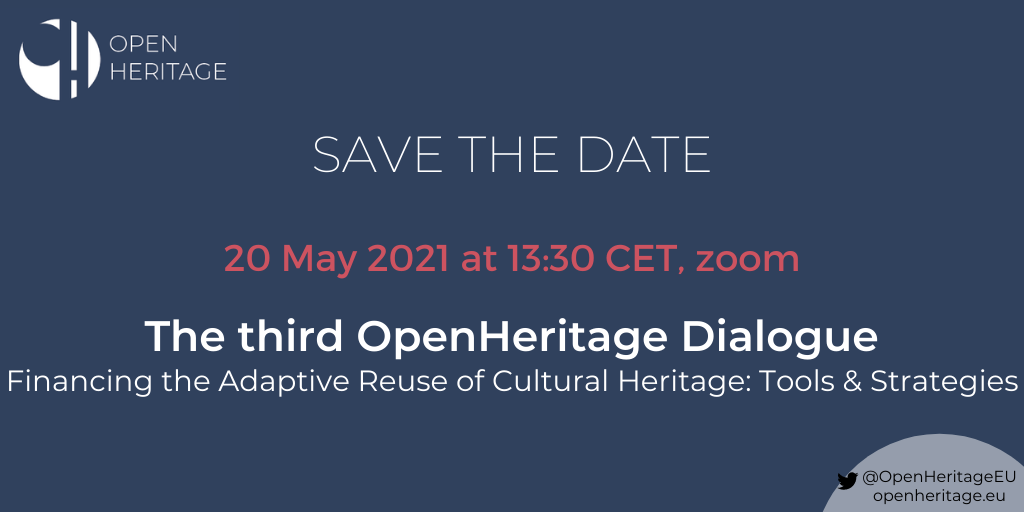
Save the date: the third OpenHeritage Dialogue “Financing the adaptive reuse of cultural heritage: tools & strategies”
20 May 2021 at 13:30 CET | onlineRegistration will open soon.Click here to sign up to receive updates on the third Dialogue! Join us for an informative, interactive and inspiring afternoon dedicated to financing tools and strategies for the adaptive reuse of cultural...
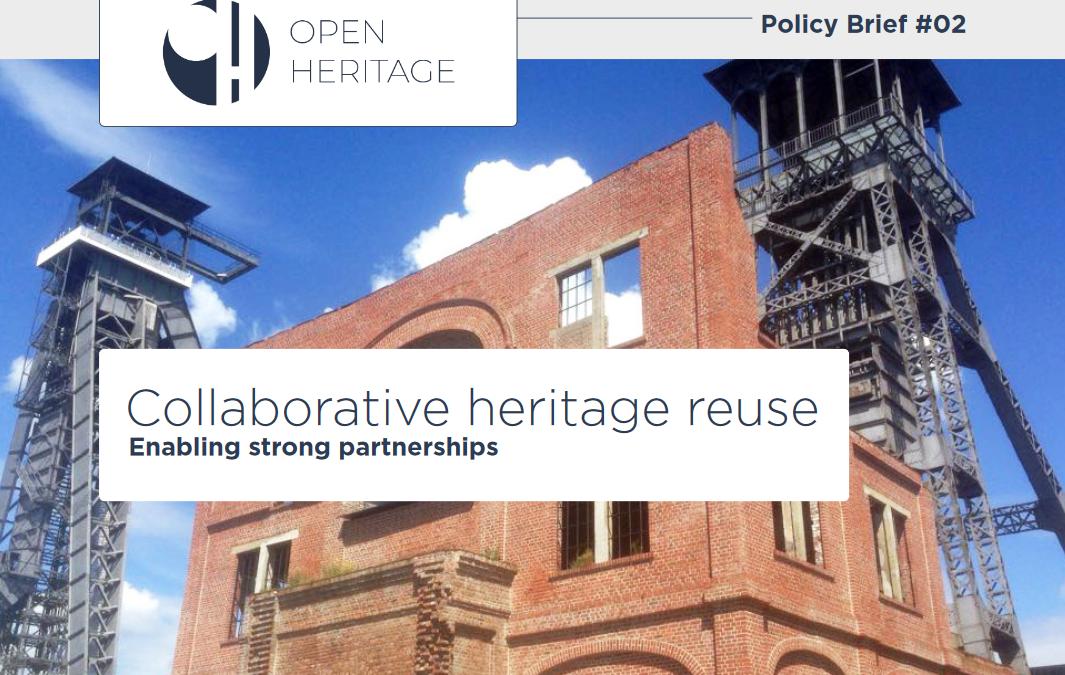
Now available: OpenHeritage Policy Brief #02 on enabling partnerships for adaptive heritage reuse
OpenHeritage has released its second Policy Brief; this time on building strong partnerships for adaptive heritage reuse. Why do partnerships matter? What are the key challenges they are facing and the main opportunities they are creating? What are different...
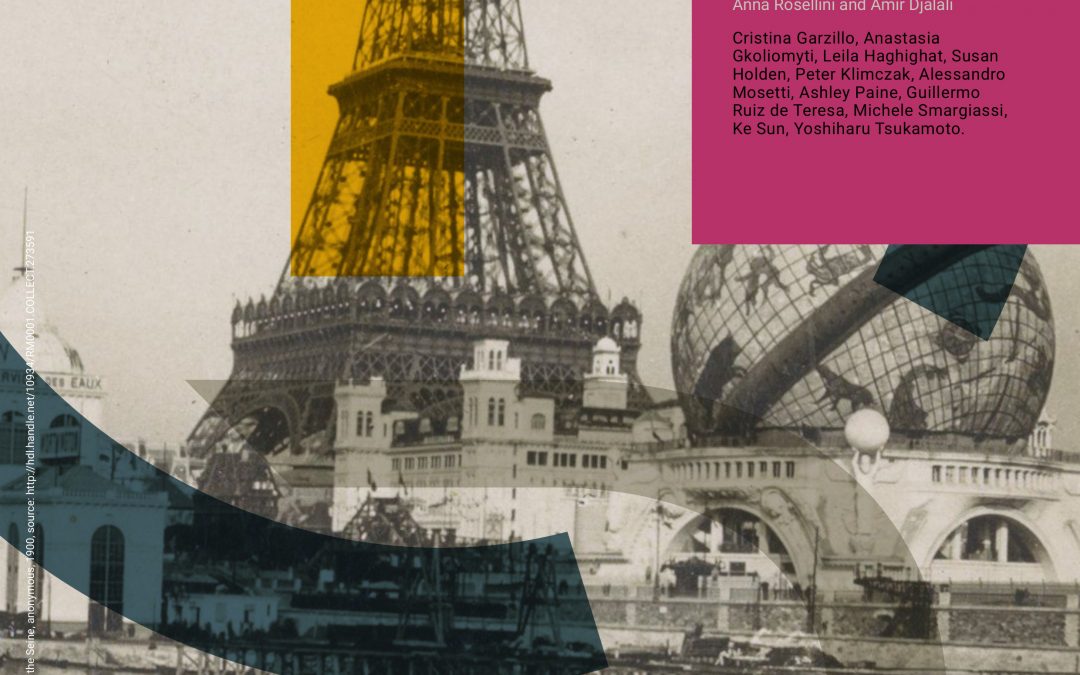
Sunderland Lab featured in an article on artistic and curatorial power in cities’ historic spaces
OpenHeritage's Sunderland Lab was featured in an article “Artistic and Curatorial Power in Cities’ Historic Spaces” written by ICLEI cultural coordinator Cristina Garzillo and published in the latest issue of the European Journal of Creative Practices in Cities and...
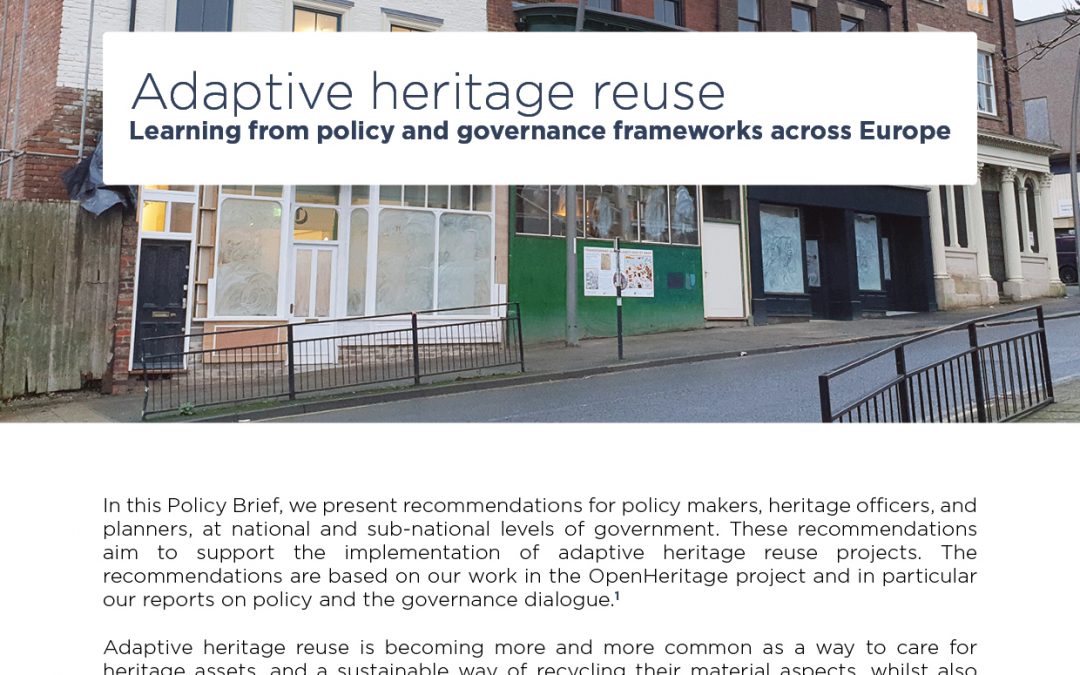
Learning from policy and governance frameworks across Europe – OpenHeritage Policy Brief #01 released
OpenHeritage has released its first Policy Brief. Read up on adaptive heritage reuse, general trends across Europe and the challenges faced in planning and implementing heritage reuse projects. What are the key themes across European countries right now and, most...
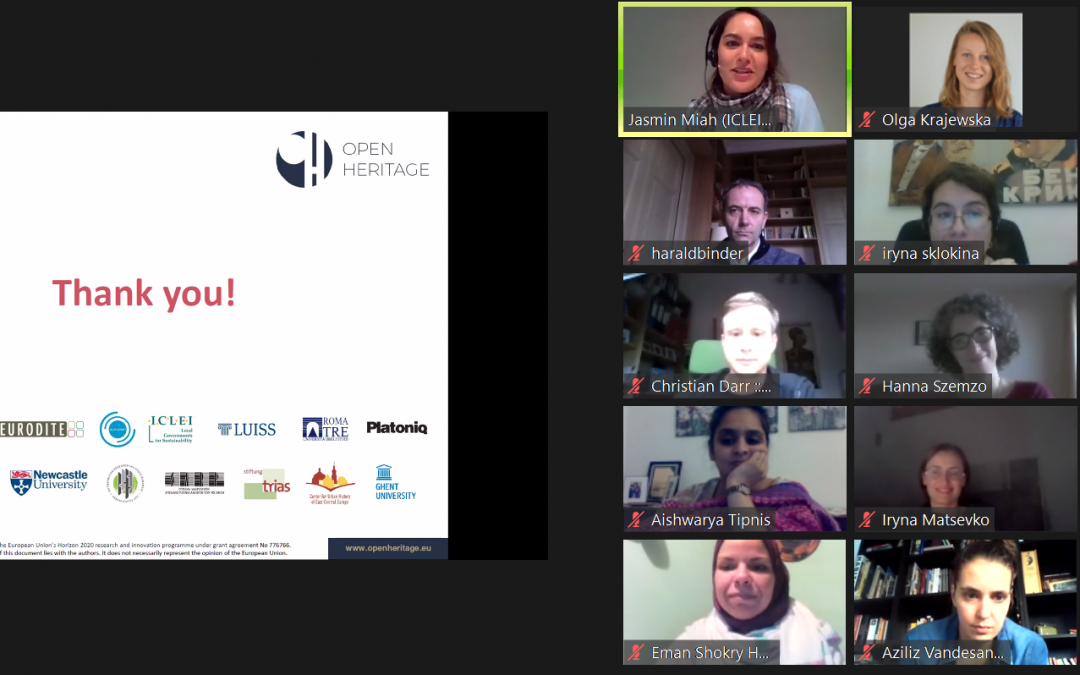
Participants of the second OpenHeritage Dialogue discuss partnerships for adaptive heritage reuse
Partnerships for adaptive heritage reuse are important and can benefit heritage reuse projects in many ways, for example, by bringing together different types of expertise and co-creating new ideas and solutions or opening up new financing opportunities. Good and...
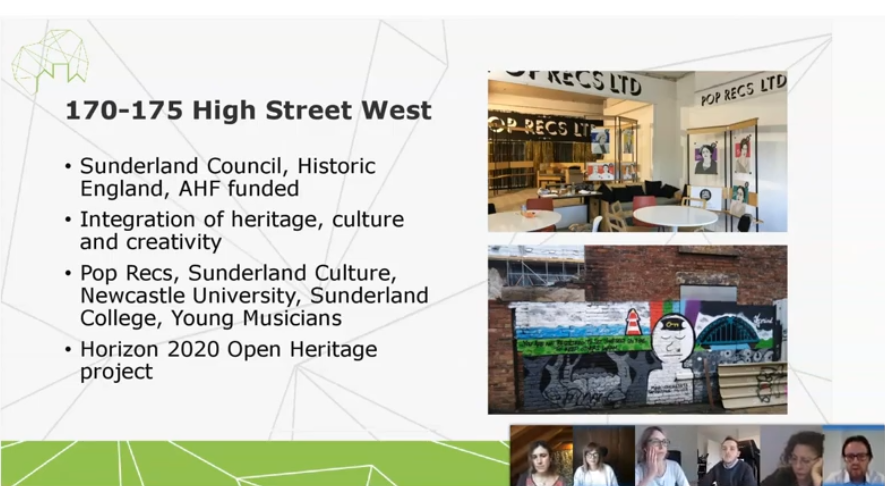
Reinventing Heritage for Sustainable Urban Regeneration: OpenHeritage at Mannheim2020
OpenHeritage joined the session ‘Re-Inventing Heritage for Sustainable Urban Regeneration’, which took place on 2 October as part of Mannheim2020 – the 9th European Conference on Sustainable Cities & Towns, organised by ICLEI Europe and the City of Mannheim. The...
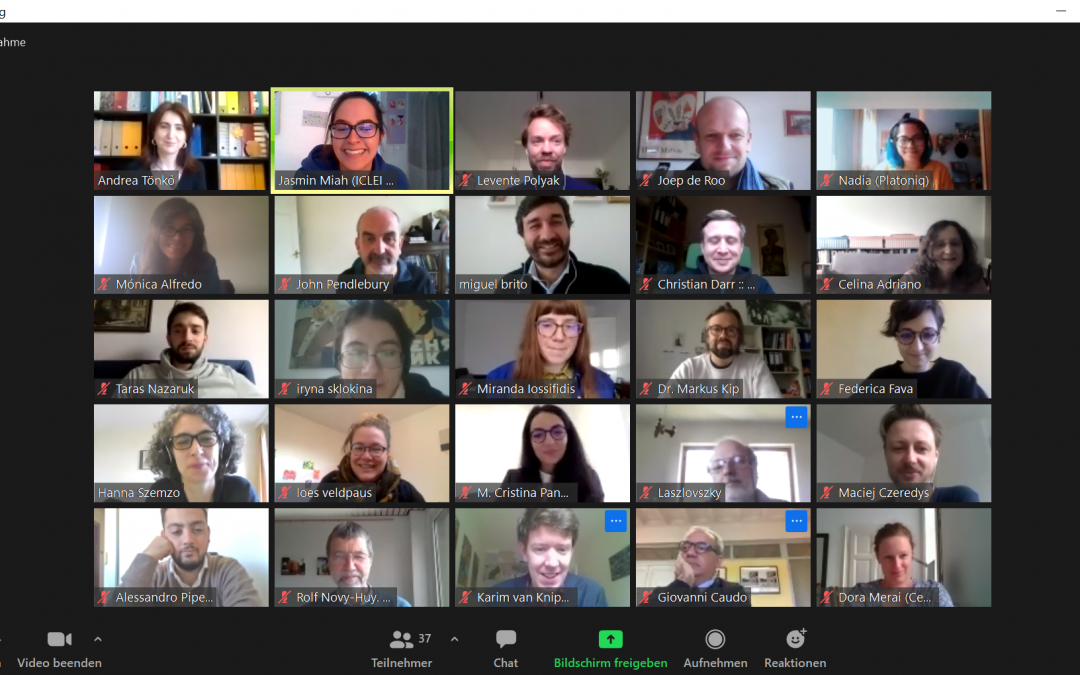
Consortium meeting – almost in Warsaw
We were supposed to meet in Warsaw, visit the Praga Lab , discuss our project's progress and have a nice dinner in the evening. Given the pandemic, we had to alter our plans, and spent the 17th of November in front of our computers, taking part in our consortium...

Introducing the Fabrikadetodalavida
What began as a cement factory then a squat run by a few young people with the desire to develop a cultural space in their countryside hometown has ended up becoming a welcoming space for an expansive community from different villages and varying ages. The original...
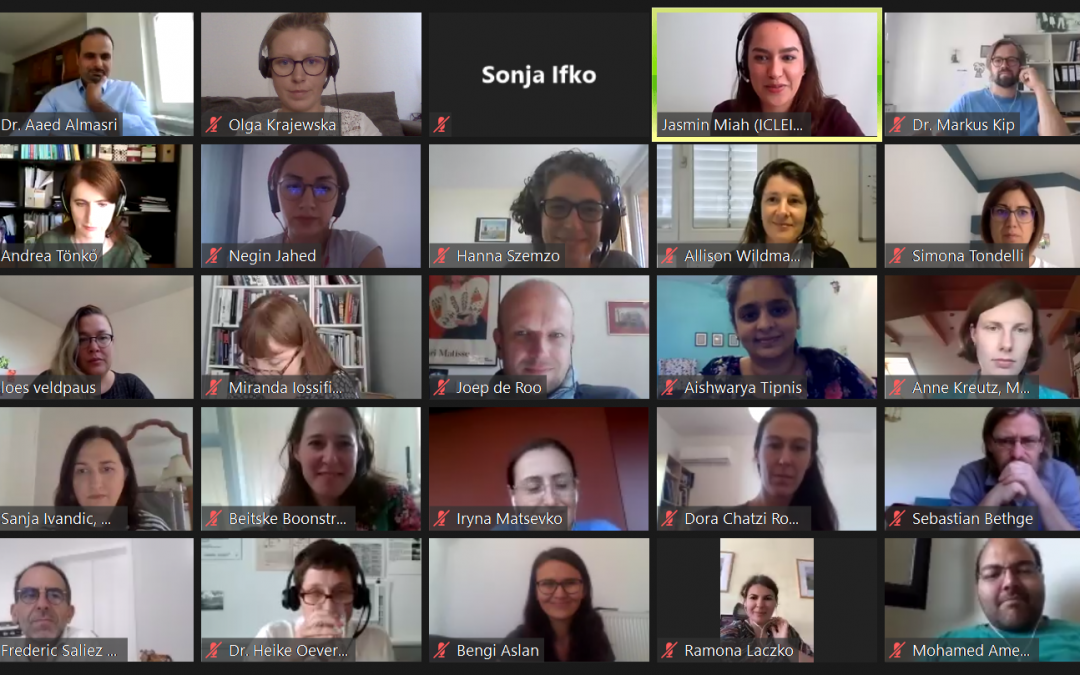
OpenHeritage has kicked off its first Dialogue by exploring current policies on adaptive heritage reuse
The OpenHeritage project has kicked off its Dialogue series last week. The first Dialogue, on 22 September, took place online and looked at current heritage reuse policies across Europe. The event was attended by sixty participants working on cultural heritage with...
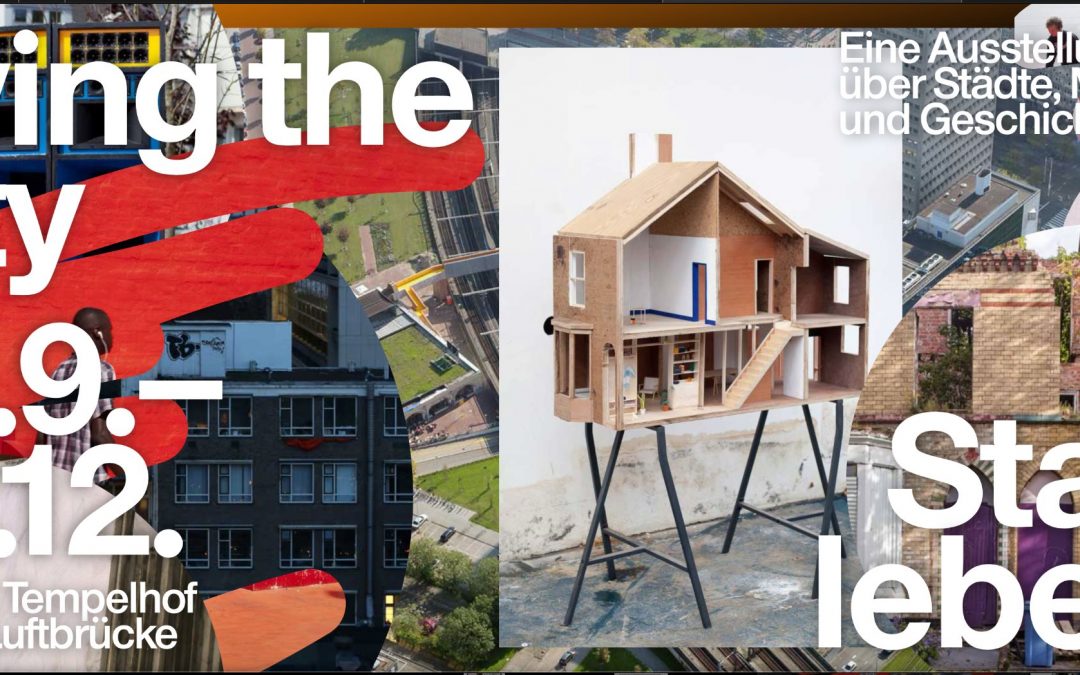
OpenHeritage at Tempelhof
A selection of OpenHeritage documentaries will be featured as part of the Living the City exhibition, taking place Sept. 25 – Dec. 20, 2020 at the Berlin-Tempelhof Airport. Living the Citytells over fifty stories from architecture, art, and city...
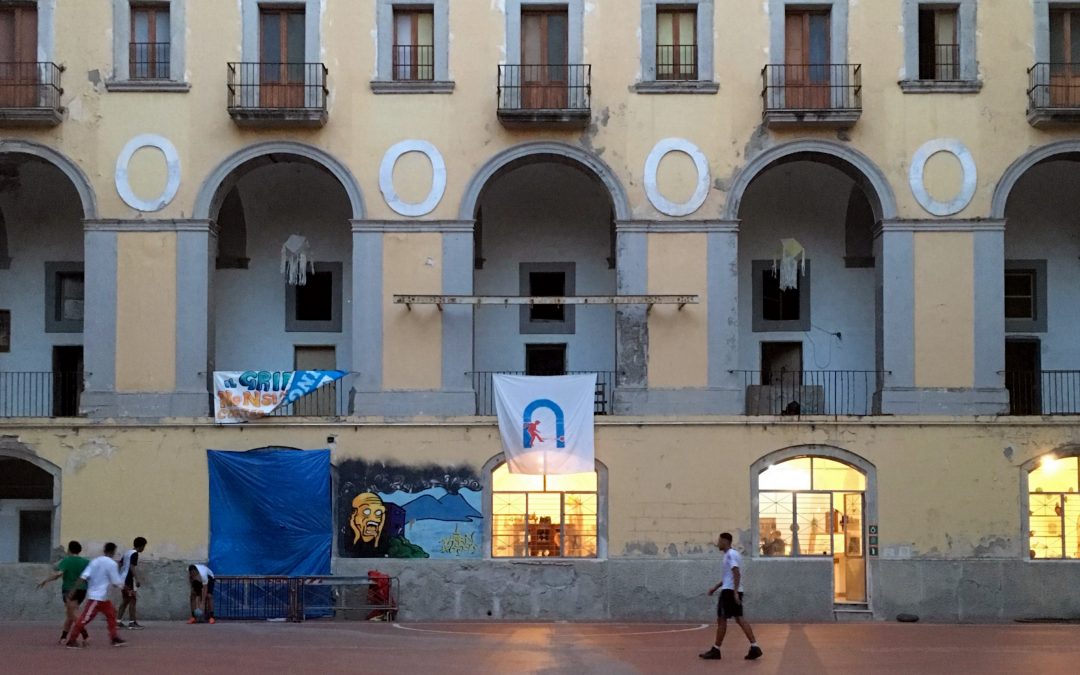
OpenHeritage at ACHS 2020
On the 28th of August 2020, OpenHeritage partners participated at the Fifth Biennial Conference of the Association of Critical Heritage Studies - ACHS 2020 Futures as part of the curated session The Ethics and Aesthetics of adaptive-reuse. The session was curated by...
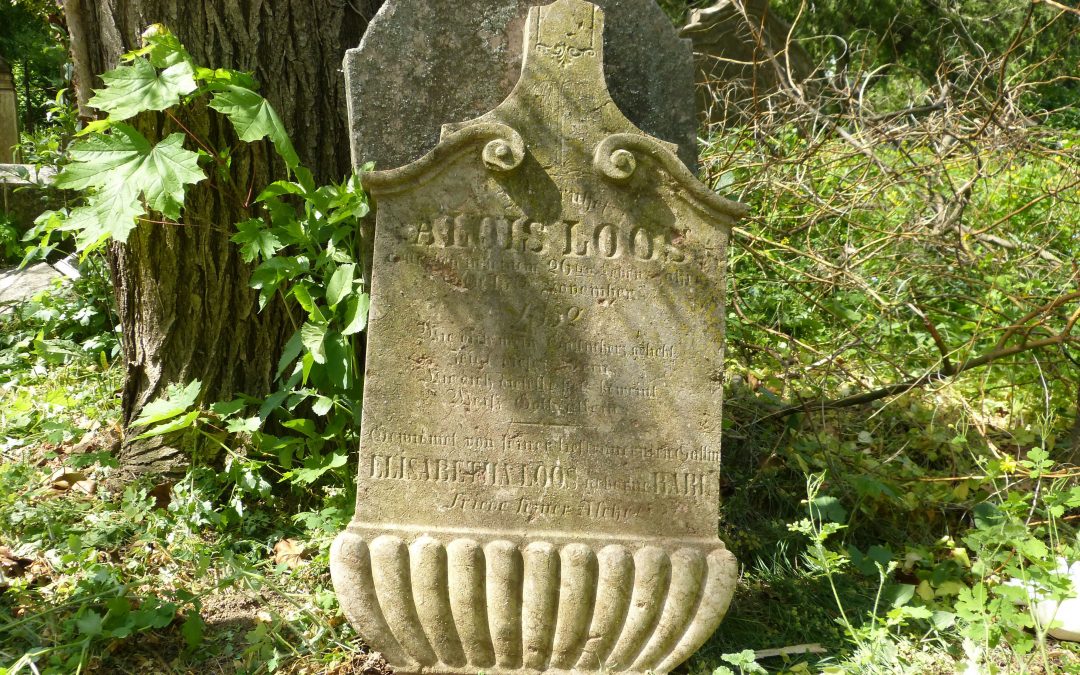
Working during the pandemic
How the Pomáz Lab adapted to the new circumstances During the pandemic the Pomáz Lab faced an entirely new situation: personal participation became impossible. So how to keep on working and develop the community? Luckily, an opportunity presented itself allowing to...

Register for the first OpenHeritage Dialogue on current adaptive heritage reuse policies in Europe!
22 September 2020 at 13:30 CET | zoom The registration is closed. The OpenHeritage team has investigated and mapped adaptive heritage reuse policies in fifteen European countries. Join us for our first OH Dialogue to learn more about these results and discuss the...
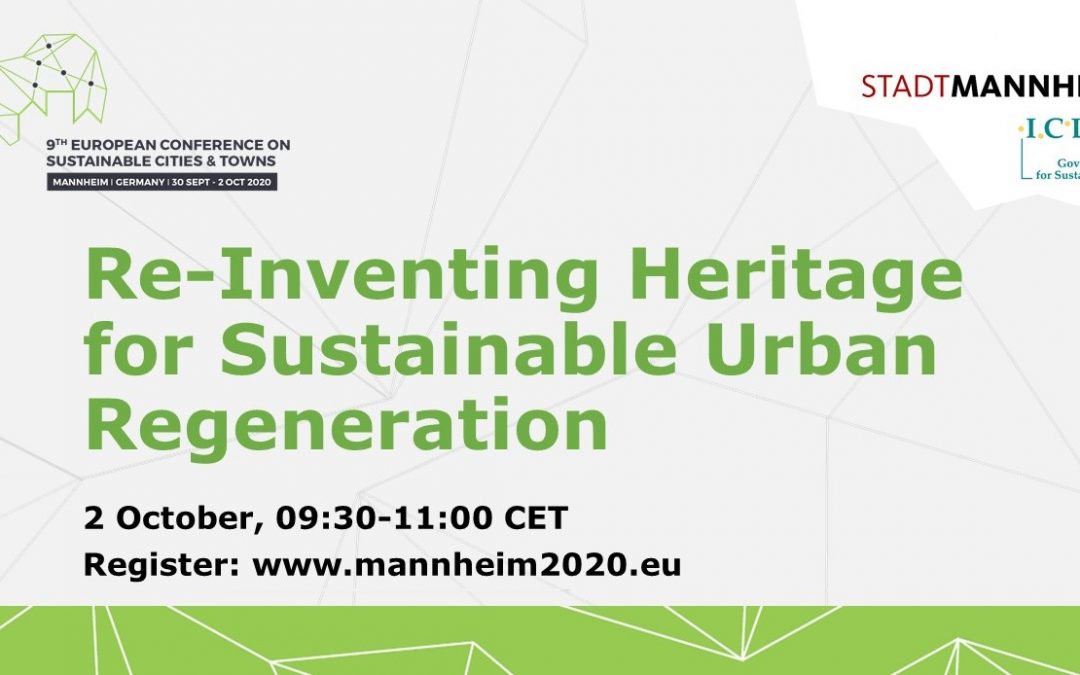
Re-Inventing Heritage for Sustainable Urban Regeneration: join our Mannheim2020 session
OpenHeritage invites you to join the session ‘Re-Inventing Heritage for Sustainable Urban Regeneration’ taking place on 2 October as part of Mannheim2020. Mannheim2020, the 9th edition of the European Conference on Sustainable Cities & Towns, is organised as a...
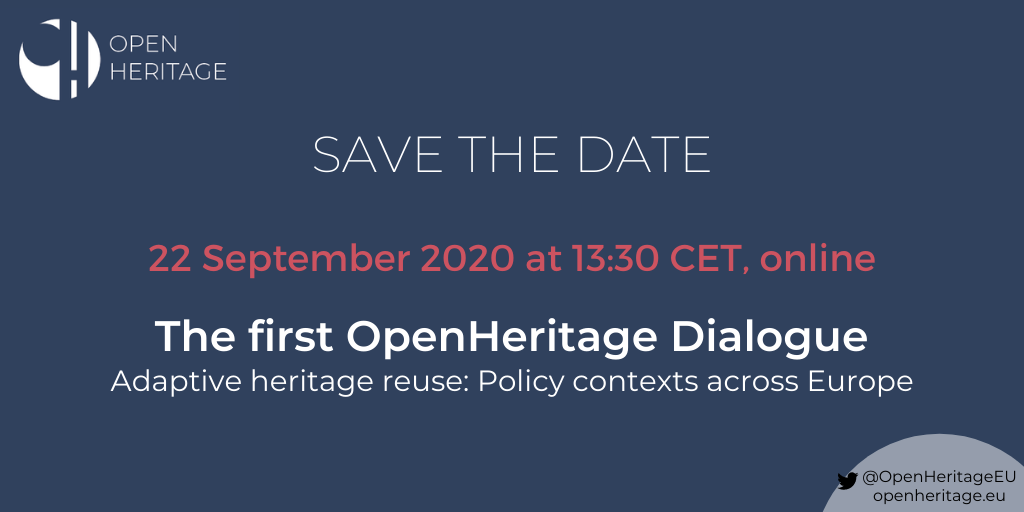
Save the Date: The first OpenHeritage Dialogue “Adaptive heritage reuse: Policy contexts across Europe”
22 September 2020 at 13:30 CET | online Registration will open soon. Click here to sign up to receive updates on the first Dialogue! The OpenHeritage project kicks-off its first Dialogue by reflecting on current adaptive heritage reuse policies in Europe. Adaptive...
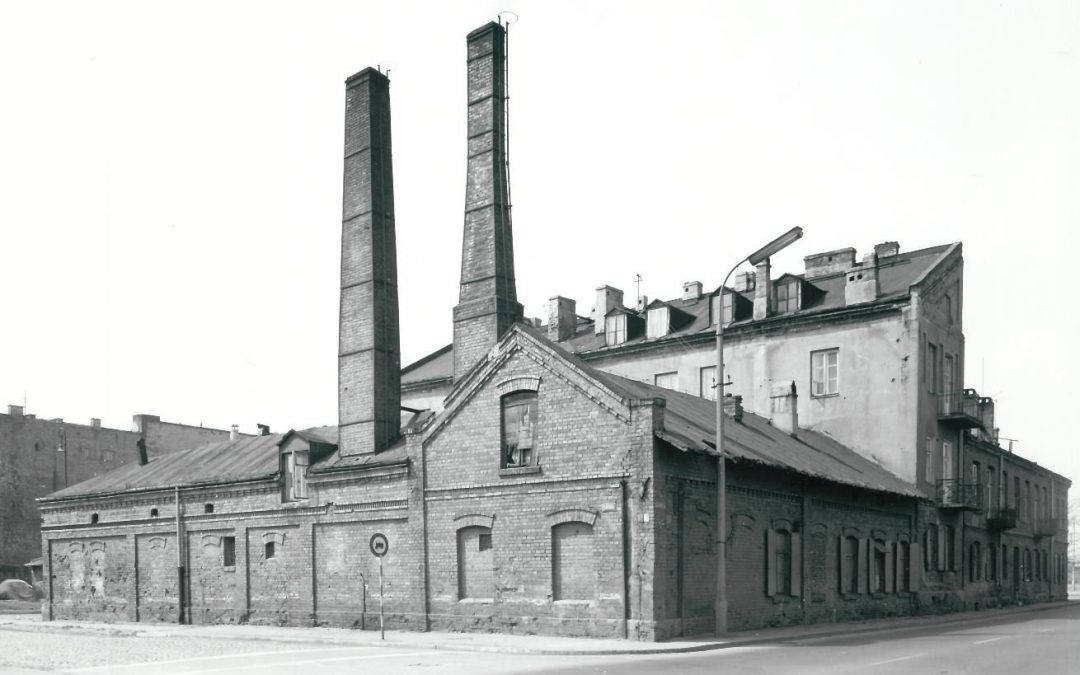
Bakery workshop in Praga
mde The Praga neighbourhood in Warsaw is an area where production used to be present on every street, on every corner. Production was manifold: it encompassed not only big factories producing machinery or durable goods but also small scale places, providing goods for...

A pub with a social mission: introducing Szimpla in the Jewish District of Budapest
The so-called Jewish District is a historical neighborhood, UNESCO World Heritage zone in the center of Budapest. Recently it has also been known as the “Party District” or “Ruin Bar District,” the latter referring to a phenomenon that emerged around 2000: courtyards...
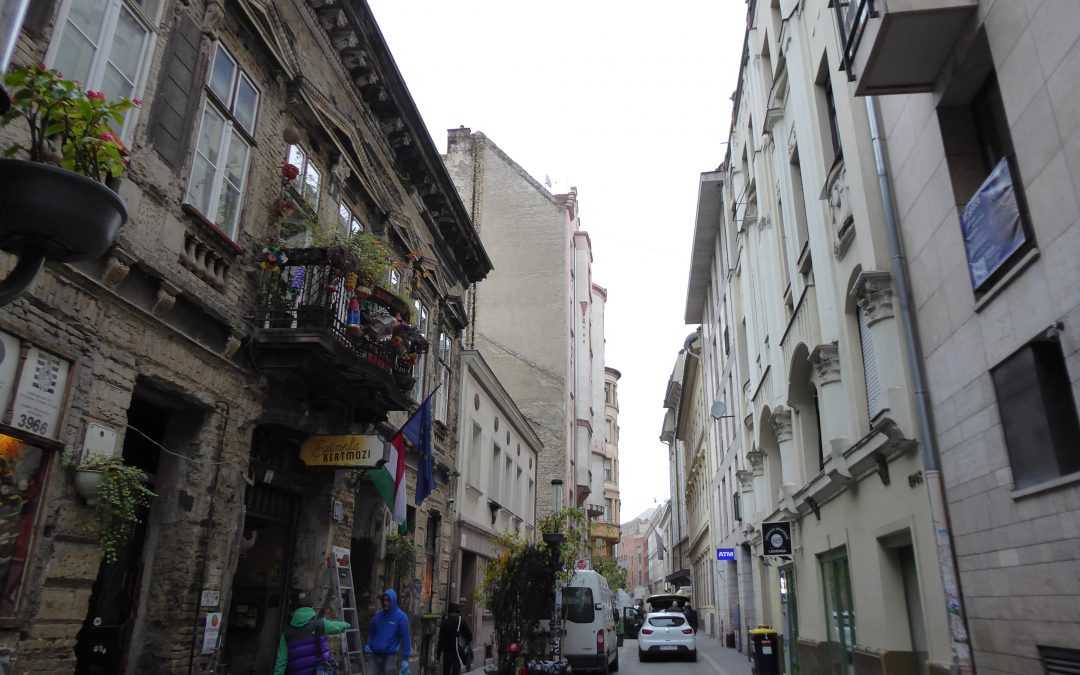
Our OpenHeritage typology is ready
It describes the policy and governance frameworks around adaptive heritage reuse Much of the current research on adaptive reuse reflects that it is mainly seen as a (design) practice. This research instead focuses on how adaptive heritage reuse is regulated. We looked...
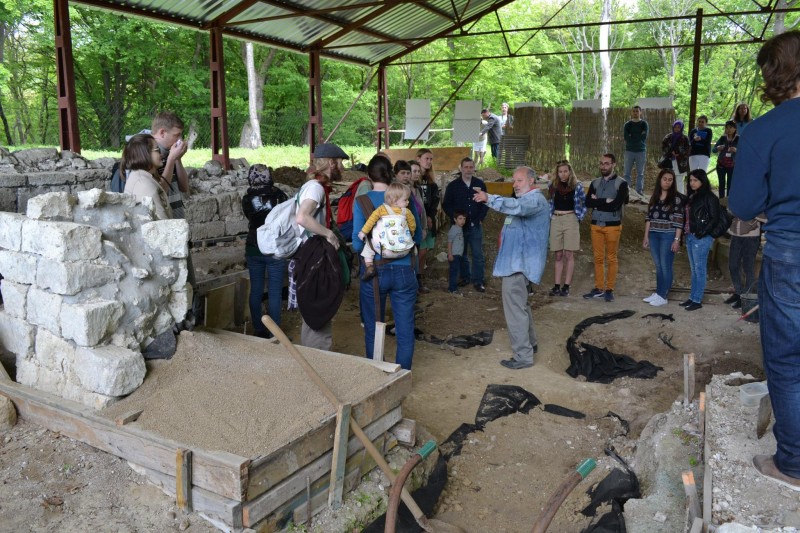
Local activities to build the Pomáz heritage community
To understand how locals perceive their heritage, what elements they find important and how they relate to the Pomáz-Nagykovácsi site lies at the heart of the Pomaz Lab’s strategy. It is regarded as a crucial steppingstone in increasing the site’s popularity in the...
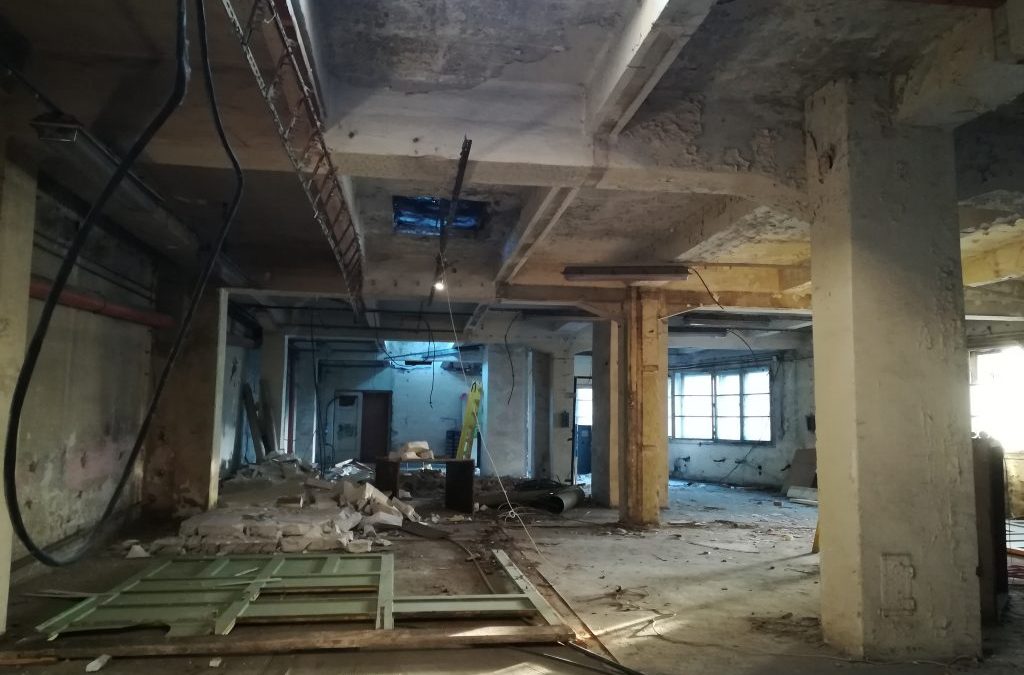
The sustainability of bottom-up initiatives – how to survive the quarantine?
Discussing the possible future and the necessary policy interventions in the Cooperative City in Quarantine series How will the current epidemic and its devastating economic aftermath influence community-led development processes? How can these local initiatives...
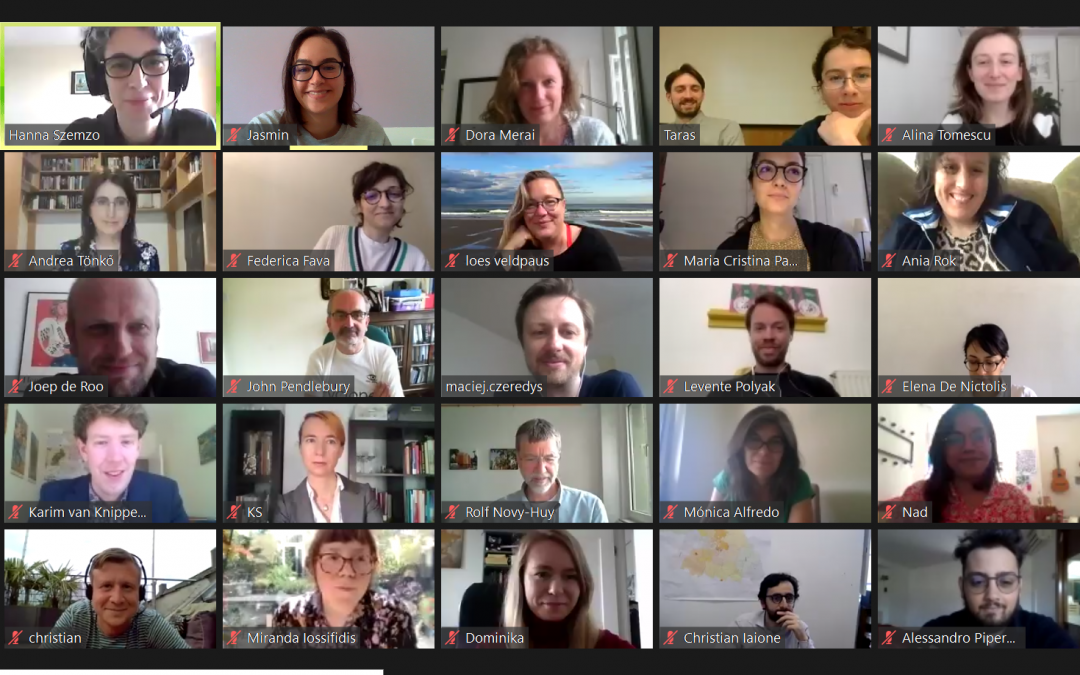
Virtual conosrtium meeting, May 19th
We finally met, all of us together at the same time. The last months have been spent with intensive work, mostly in smaller groups. The online meeting on May 19th - which was our 5th consortium meeting, only this time virtual - allowed us to focus on some urgent...
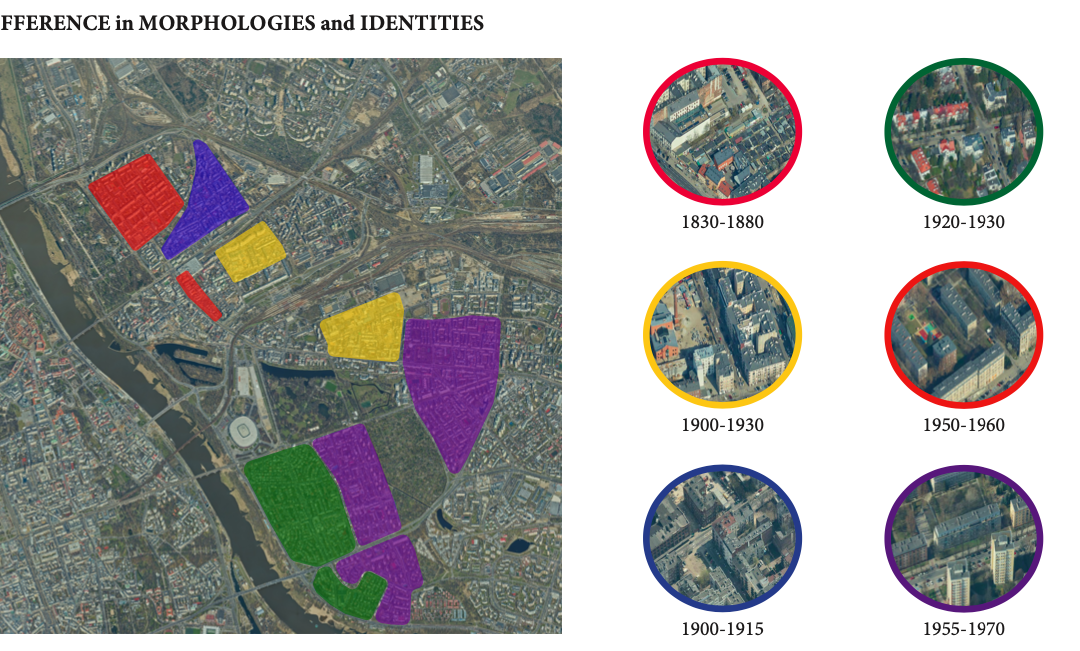
Ghent visits the Praga Lab
University students focus on heritage-led redevelopment of the district. One of the ambitions of the OpenHeritage project is to spread insights and knowledge about adaptive reuse. The spatial planning department at the Ghent University (one of the main partners in the...
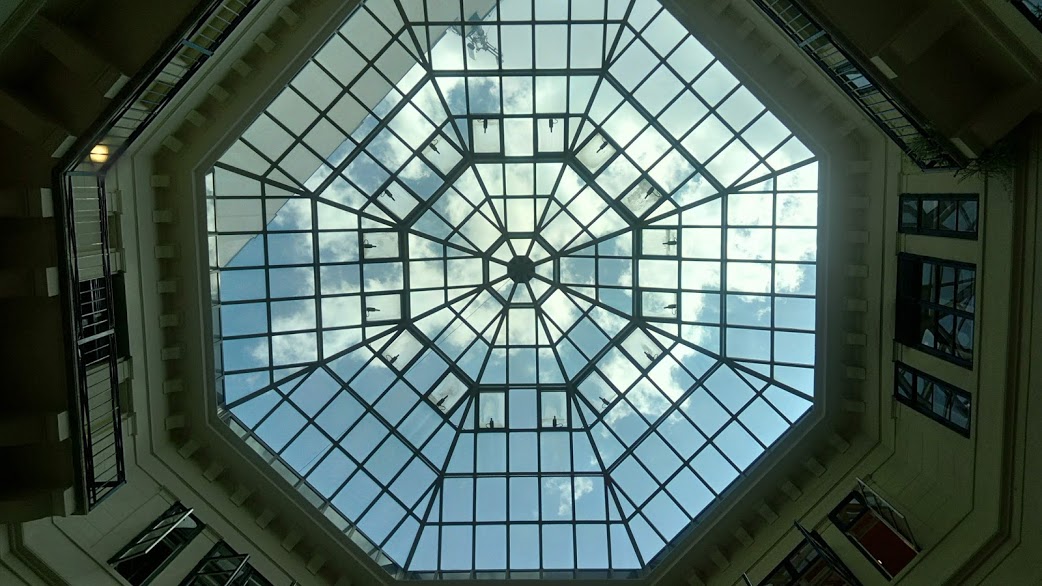
Mapping and analysing governance and finance models for adaptive re-use of heritage – an overview of the regulatory frameworks has been submitted
Adaptive reuse of buildings and places that have lost their former use is a practice as old as buildings and places themselves. It provides opportunities for places to (re)develop their identity, uniqueness, and attractiveness, and recycle and reuse what it there...
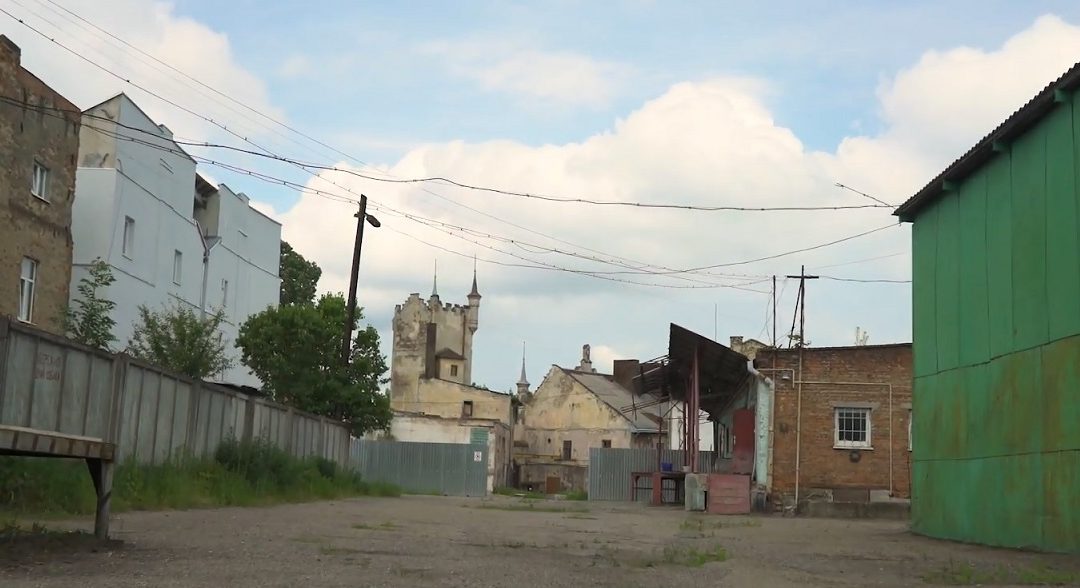
Jam Factory Art Center: renovation and community building under way in Lviv
Jam Factory Art Center, an Observatory Case for OpenHeritage, is an organization that is committed to implement its vision: creating an interdisciplinary center of contemporary art in the revitalized space of the old Jam Factory premises in Lviv, Ukraine. Through its...
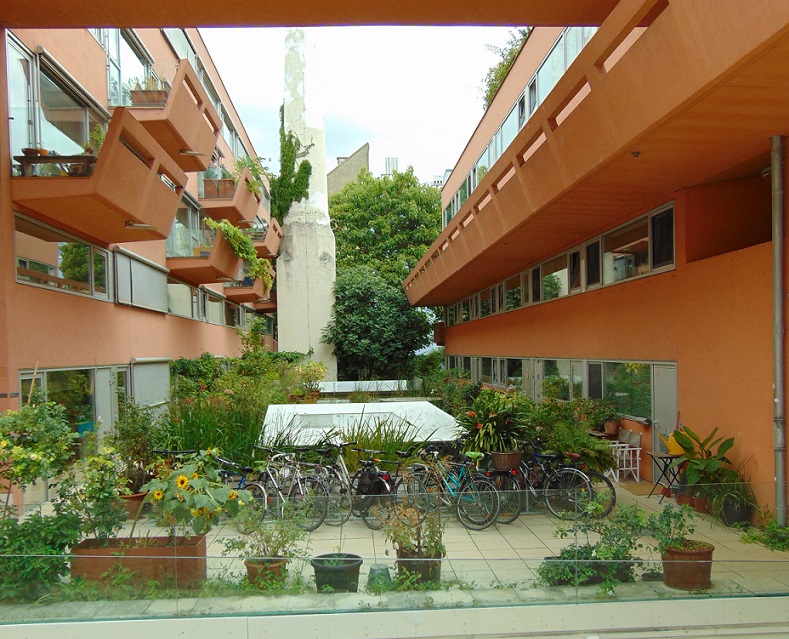
Introducing the Observatory Cases
The analysis of the Observatory Cases is available among the Deliverables published on the OpenHeritage website, introducing the successes and challenges behind 16 innovative adaptive reuse practices in Europe. The study explores innovative community involvement...
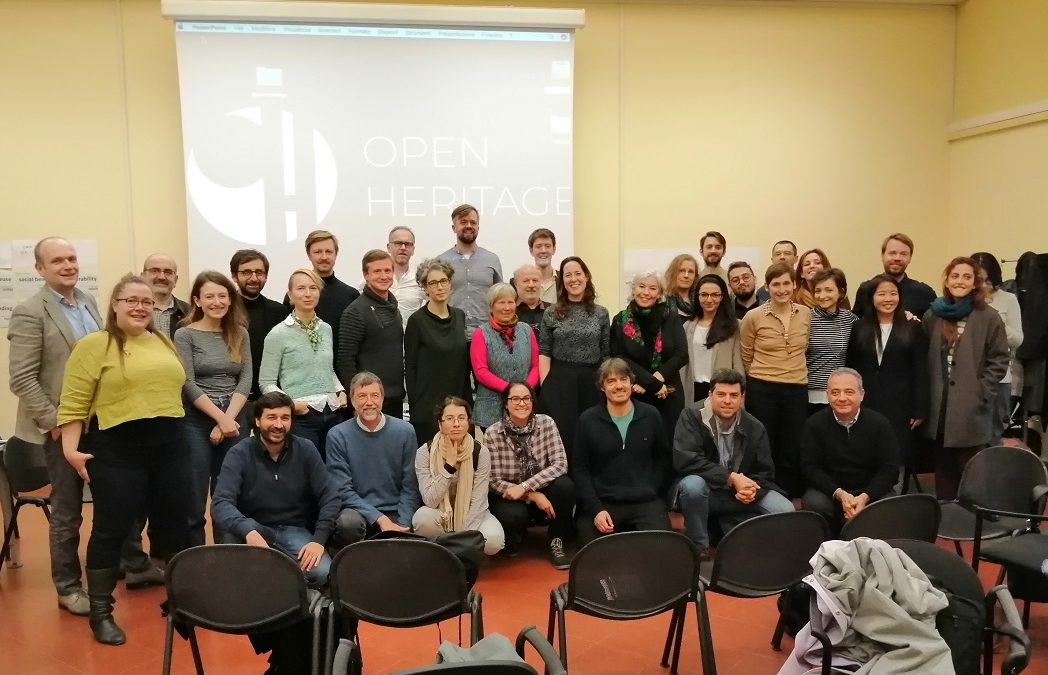
Consortium meeting in Rome: Focus on civic engagement and sustainability in heritage reuse
OpenHeritage’s third Consortium meeting took place on December 8-10, in Rome. Through work package reports, workshops and discussions it further explored how civic engagement and sustainability should play an even bigger role in adaptive heritage re-use. We have...
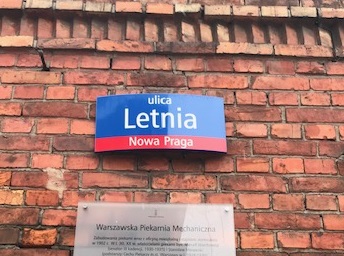
Praga Lab workshop during the Informed Cities Forum
Attendants of the ICF had the opportunity to visit OpenHeritage’s Praga Lab in central Warsaw's Praga District. They met a local NGO – Otwarte Drzwi (Open Door Association) - and discussed the role of the place and the values embedded in their work. ICF...
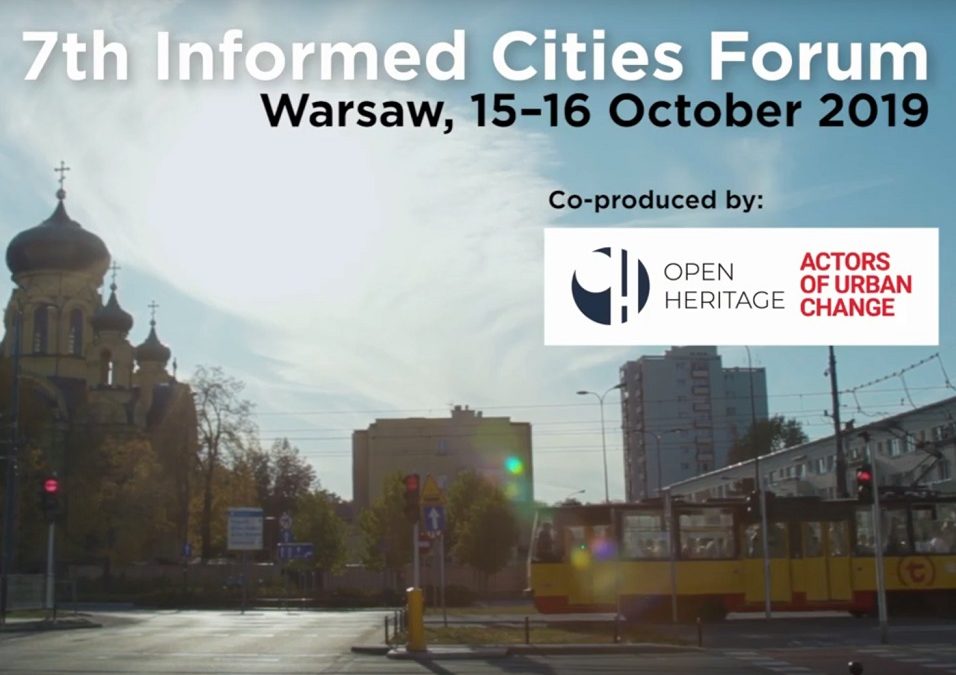
Informed Cities Forum: Heritage & Urban Regeneration in Praga and Beyond
The 7th Informed Cities Forum took place on 15-16 October 2019 in Warsaw, Poland. It gathered around 100 urban thinkers and practitioners, including representatives of local governments, researchers, social entrepreneurs and urban activists. The Forum explored the...
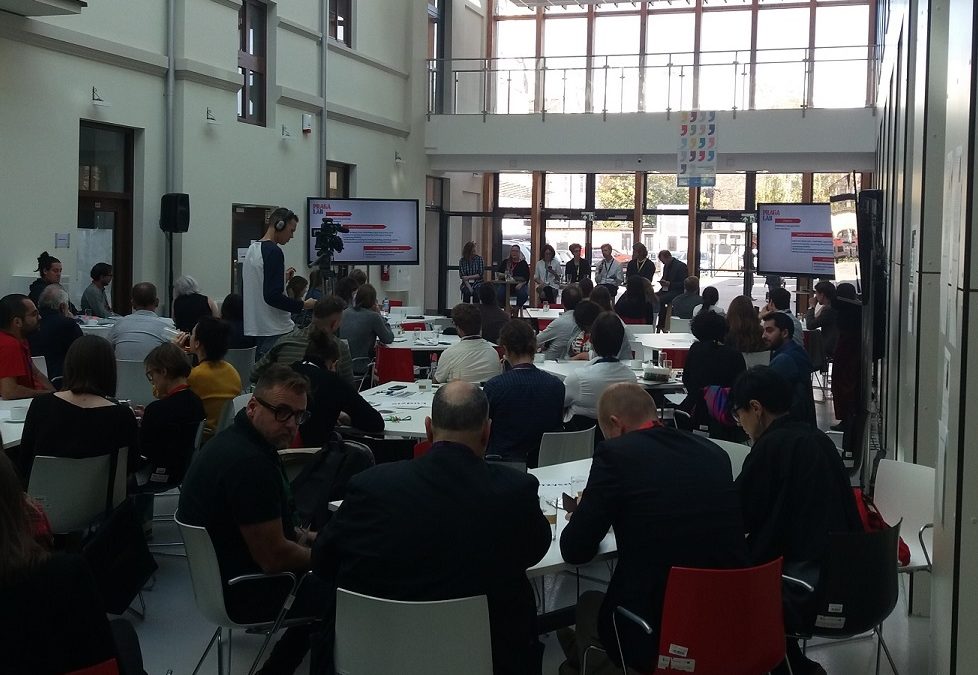
Who profits from heritage? Communities, capital and urban space
OpenHeritage´s first international conference was organized in the framework of the Informed Cities Forum together with ICLEI and the Actors of Urban Change. The two-day event took place on October 15-16, in Warsaw. It explored the interrelation between urban...
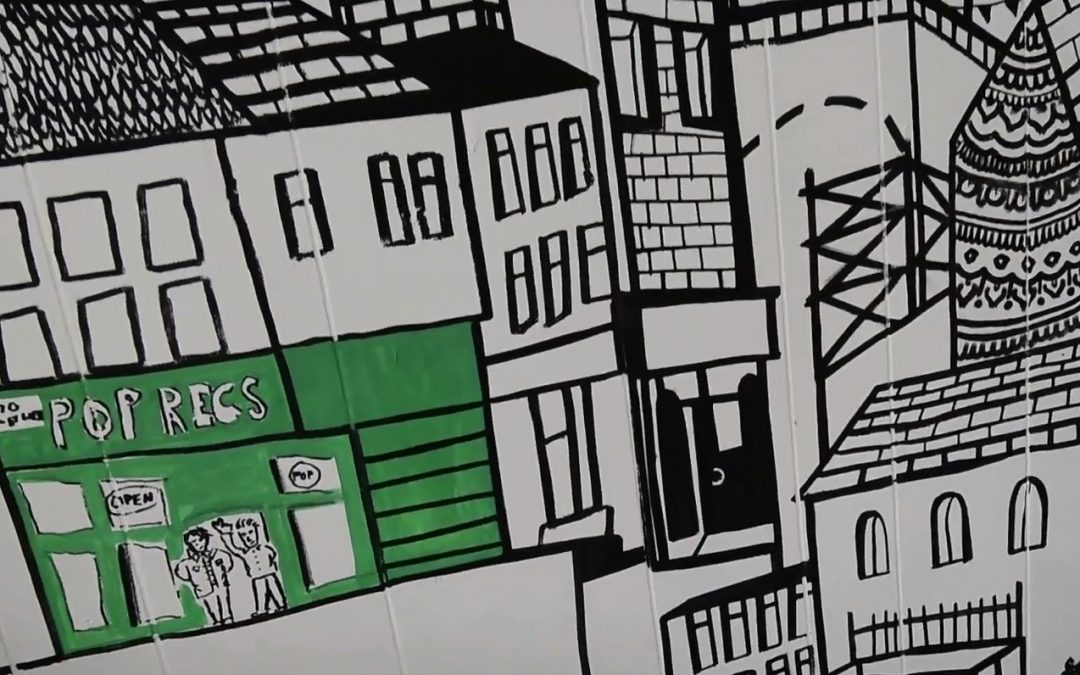
Restoration works in Sunderland Labs
170-175 High Street West in Sunderland is long overdue for some restoration works! Tyne & Wear Building Preservation Trust now owns the building, and is working hard to gather the funding needed to do up these amazing buildings. The aim is to restore them not to...
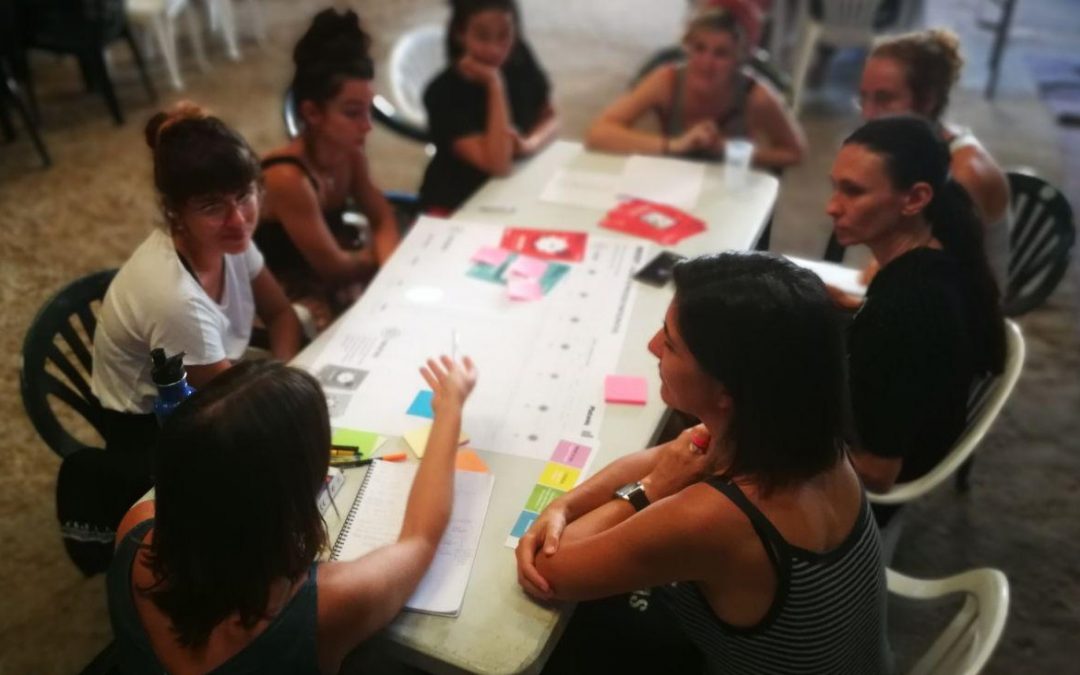
Arquitecturas Colectivas: Decidim the Game in action
In September Platoniq took part in AACC_Mallorca, the 12th edition of Arquitecturas Colectivas. During the week, different projects, collectives, and groups came together to share experiences, tools, and methods for co-creating and collaborating in local and...
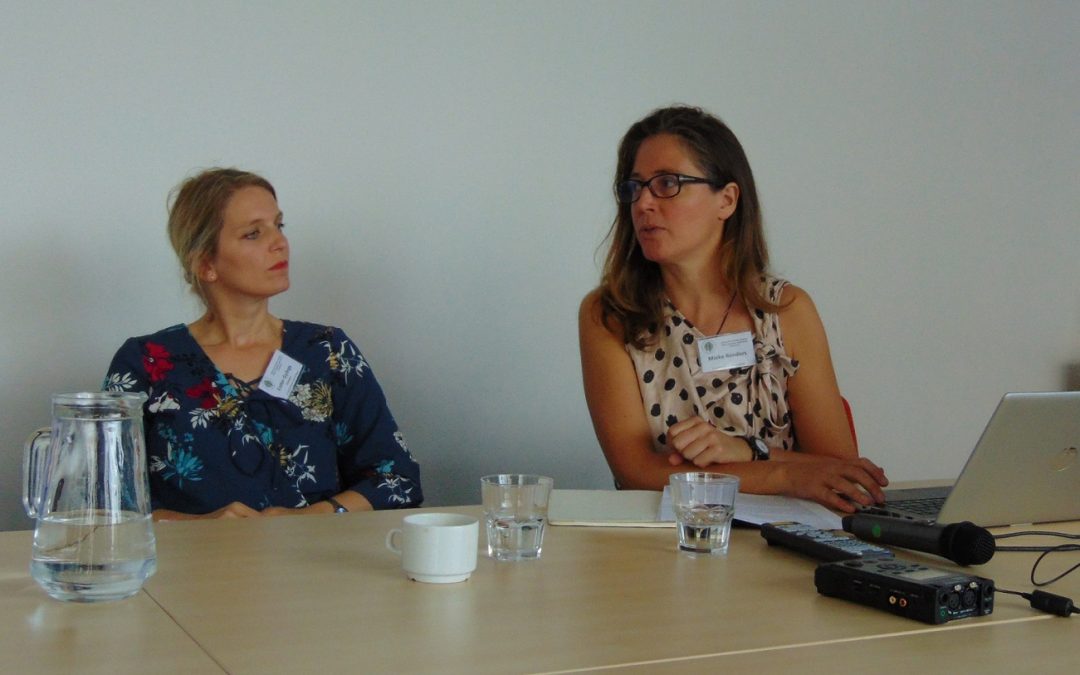
Conference session: Participation and identity in adaptive re-use in urban contexts
On September 28th a special dedicated session on “Participation and identity in adaptive re-use processes in urban contexts” was held in Budapest, Hungary in the framework of the international conference “Urban and housing systems under pressure”. Among the...
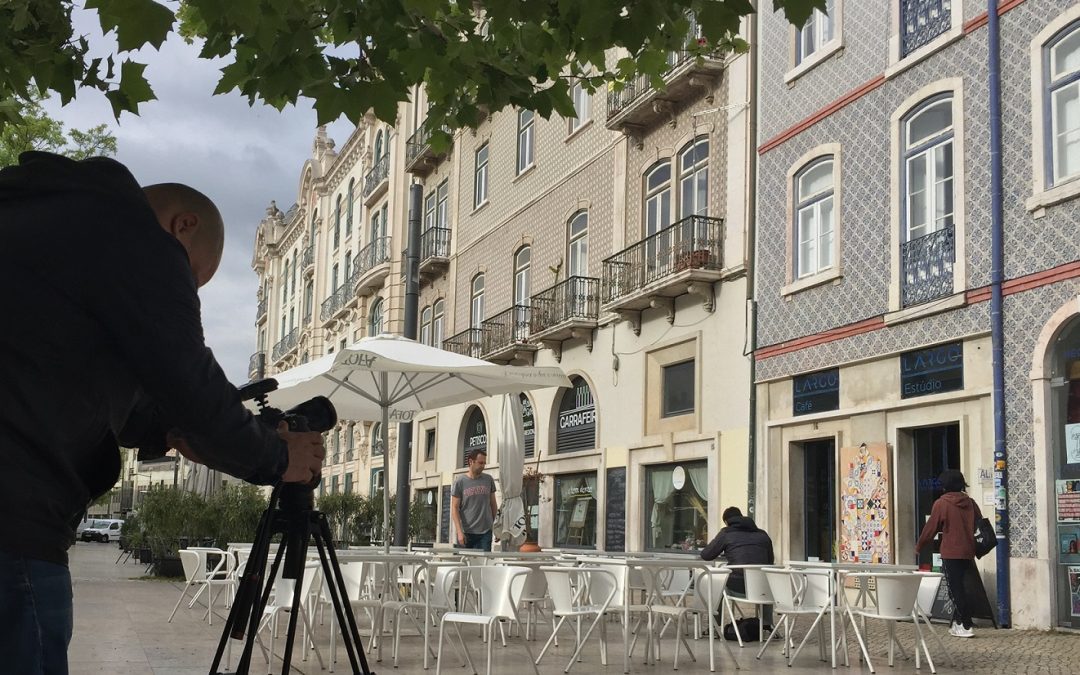
Lisbon to present landmark program addressing urban poverty at Informed Cities Forum
Lack of affordable housing, social exclusion and gentrification, spurred by profit-maximising logic, are challenges to which few cities in Europe are immune. Luckily, an increasing number of cities are looking to pursue an alternative vision of urban development,...
